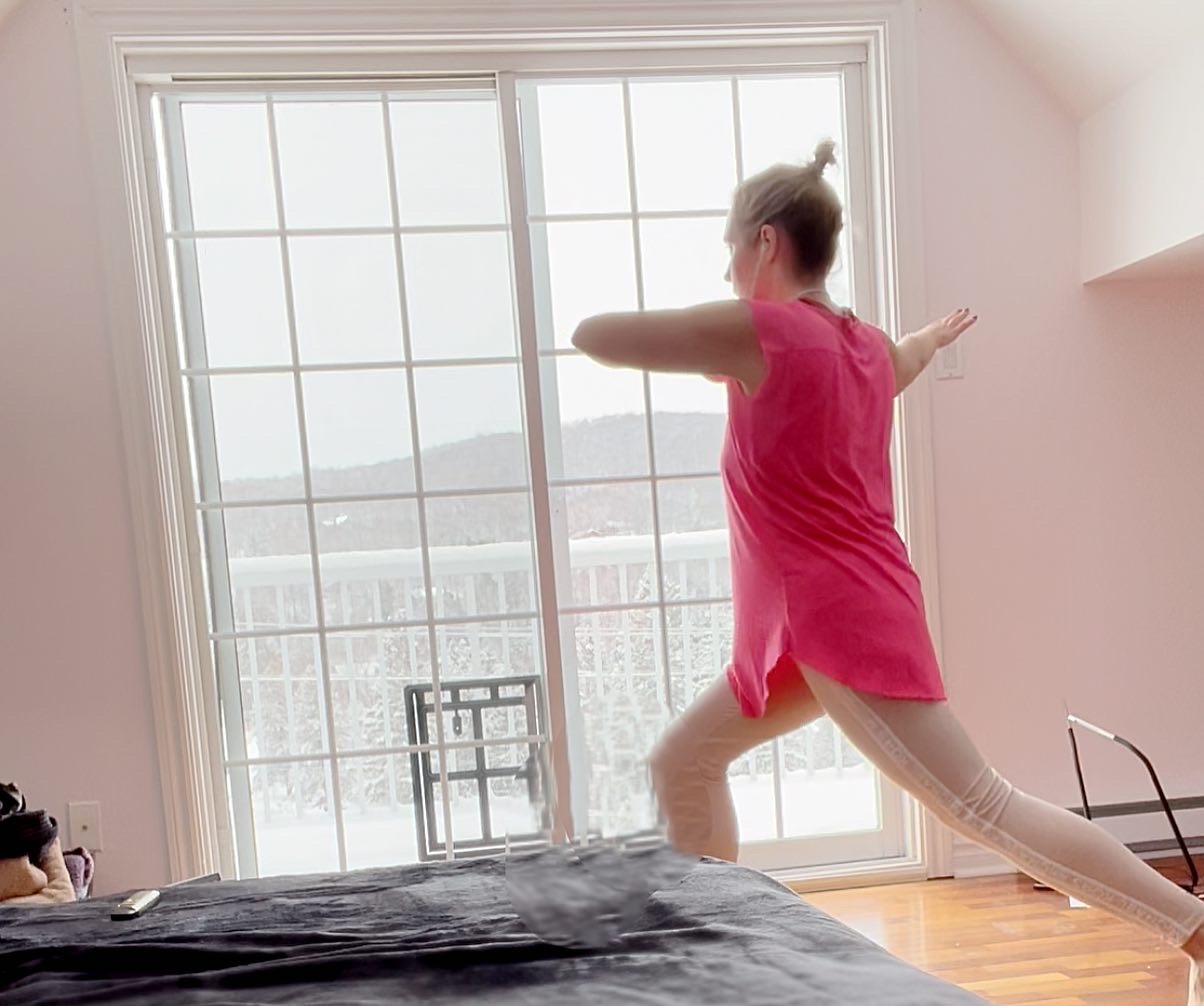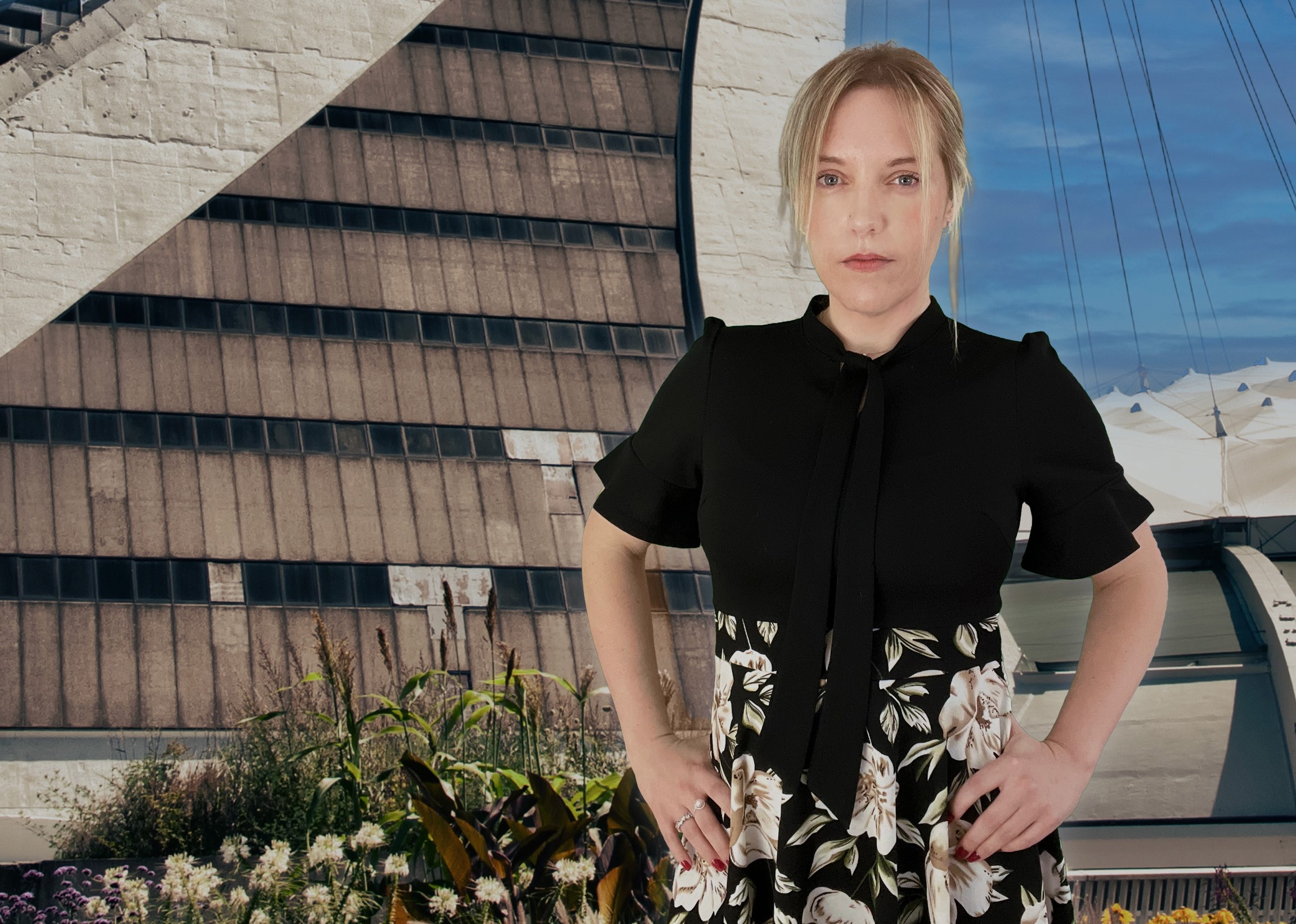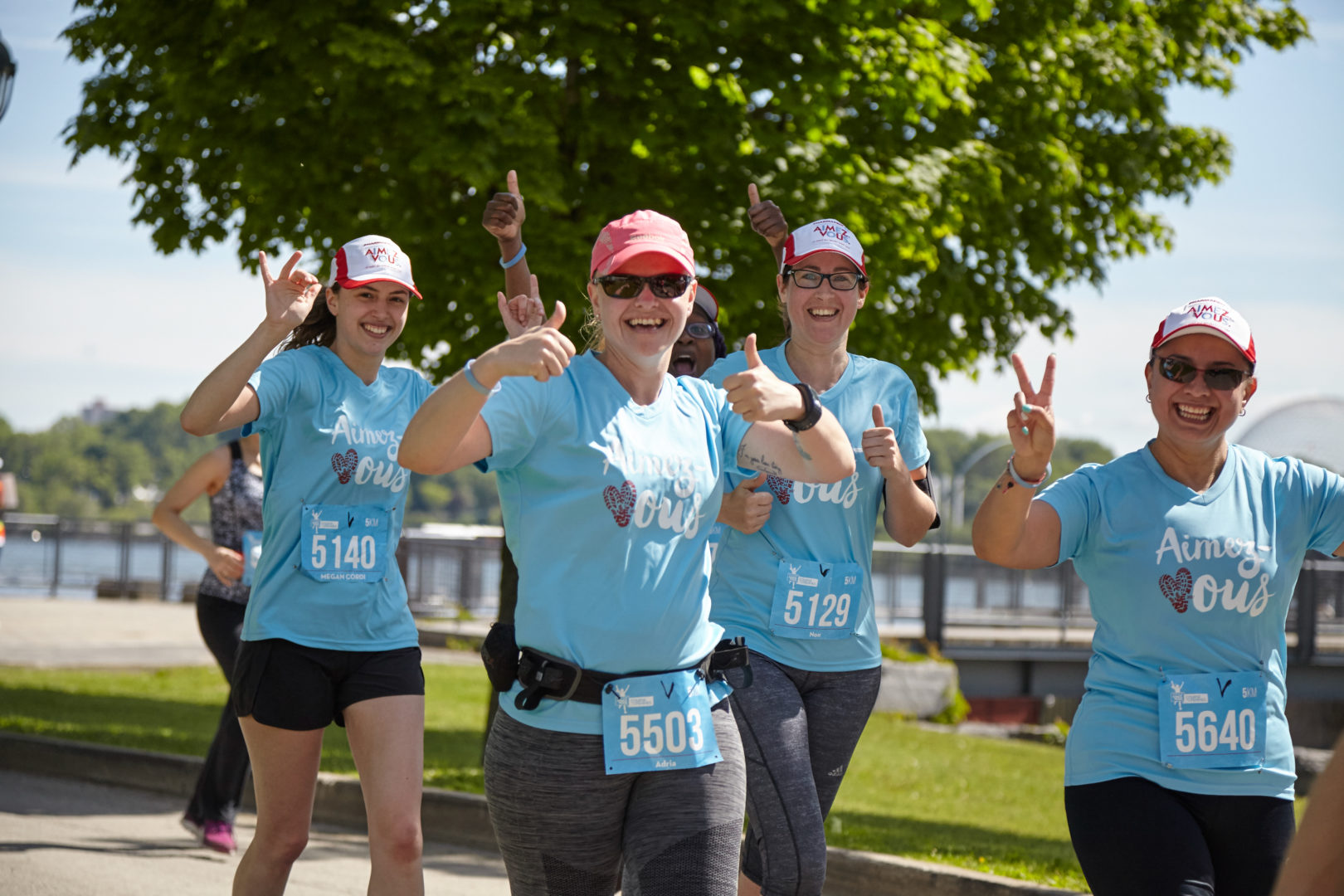
Getting the right tools to get better
Stephanie knows that medication works well for her and is necessary for her well-being. So she takes it regularly.
“I also make sure to take care of my “bees”: Breathe, Exercise, Eat and Sleep.”
Stephanie was fortunate enough to participate in group therapy and then individual therapy every week for a year. Listening to her, it was obvious that year of introspection and self-work helped her take the next step in her recovery.
“Being in therapy is not always easy. It forces you to confront your challenges, but it is so necessary. I feel blessed to have had access to such support.”
 “Asking for help is the greatest gift I’ve ever given myself,” said Stephanie, smiling, as we began our meeting.
“Asking for help is the greatest gift I’ve ever given myself,” said Stephanie, smiling, as we began our meeting.
 Ending the Stigma around Mental Illness
Ending the Stigma around Mental Illness

